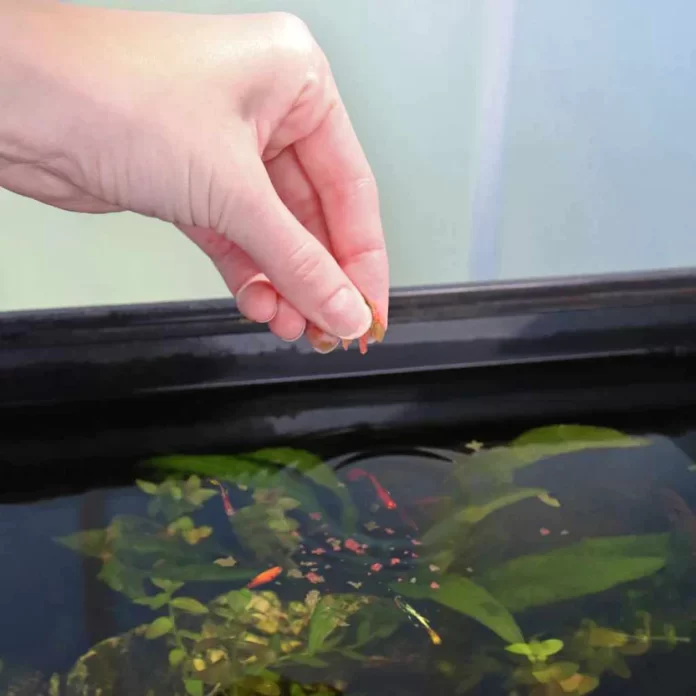I. Debunking the question
Betta fish, also known as Siamese fighting fish, are native to Southeast Asia and are known for their striking appearance and aggressive behavior. In the wild, they primarily feed on insects and other small invertebrates. However, in captivity, they rely on their owners to provide them with a nutritious and balanced diet.
As responsible pet owners, it is our duty to ensure that our bettas are getting the right nutrients to maintain their health and vitality. With so many different types of fish food available on the market, it can be overwhelming to determine what is best for our betta fish. One common question that arises is whether bettas can eat tropical flakes, which are typically used for other types of fish.
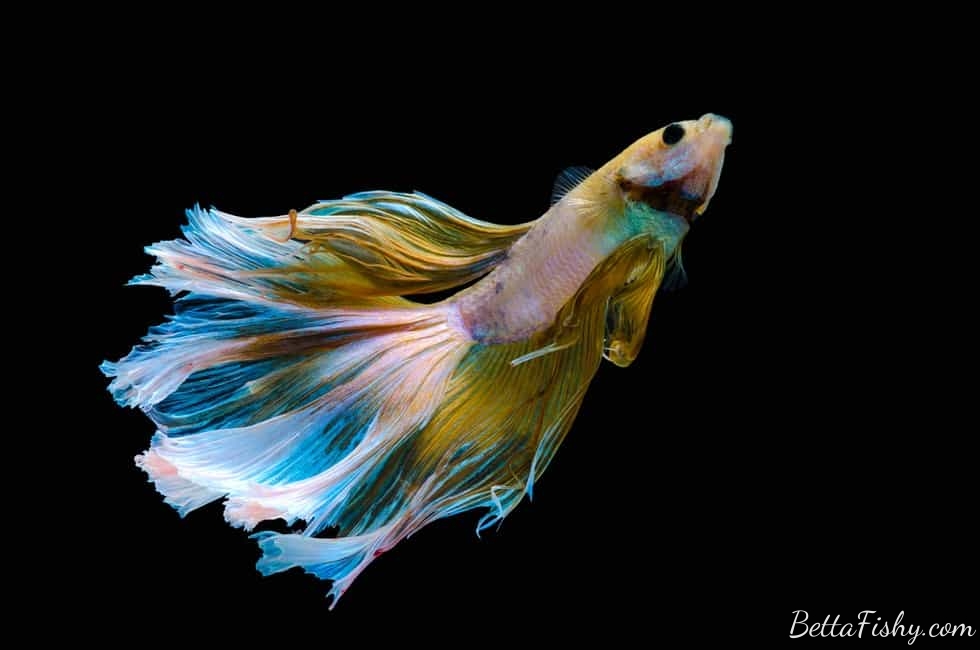
In this article, we will explore the nutritional needs of betta fish, the suitability of tropical flakes, and provide helpful tips for feeding them a balanced diet.
II. Deciphering the Nutritional Code: Betta Fish and Their Dietary Needs
Understanding the essential nutrients for bettas is critical for choosing the right food. Here’s a breakdown:
High Protein
Bettas need a diet rich in protein, ideally between 40-50%. This helps them maintain their vibrant colors, strong fins, and overall health. In the wild, bettas primarily feed on insects, which are high in protein. Therefore, it is essential to replicate this in their diet in captivity.
Protein is essential for the growth and repair of cells, as well as for maintaining a healthy immune system. Without enough protein, bettas can become weak and susceptible to diseases.
Low-Fat
Bettas are relatively inactive fish, and high-fat diets can lead to obesity and fatty liver disease. Therefore, it is crucial to choose foods that are low in fat, typically around 5% or less. A high-fat diet can also cause bloating and constipation in bettas, which can be harmful to their health.
Fiber
Fiber is essential for digestive health and helps prevent constipation. In the wild, bettas consume small amounts of plant matter, which provides them with fiber. In captivity, it is essential to provide them with some fiber in their diet to maintain a healthy digestive system.
Look for foods with some fiber content, such as spirulina or spirulina flakes. These types of food not only provide fiber but also offer other essential nutrients for bettas.
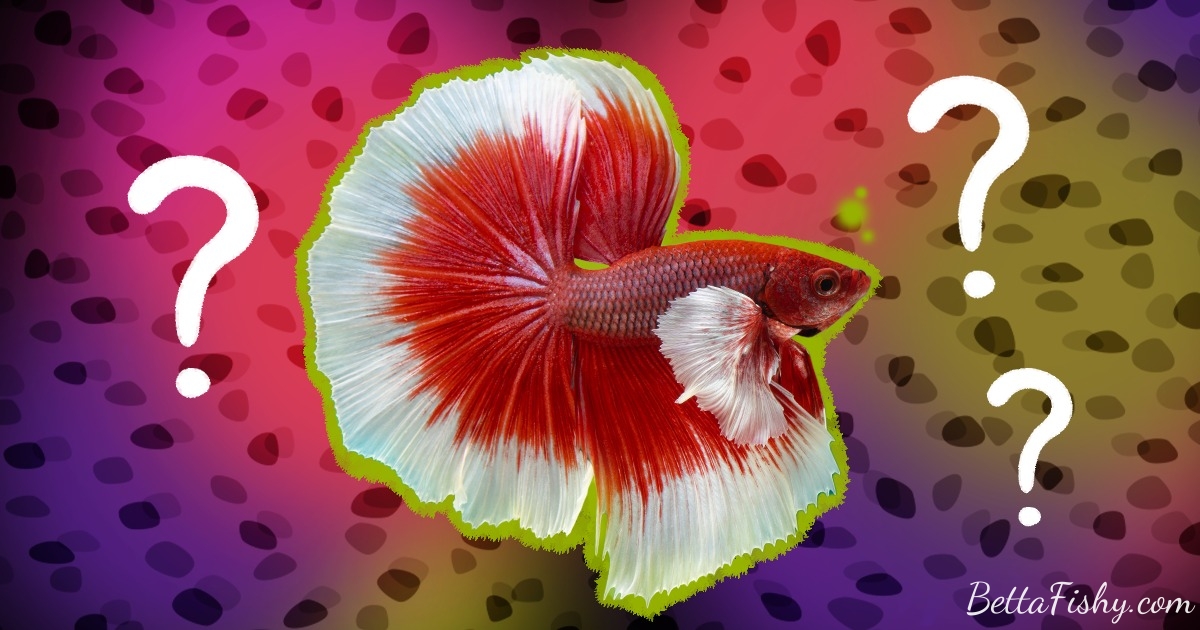
III. Exploring the Suitability of Tropical Flakes for Bettas
Now that we have a better understanding of the nutritional needs of betta fish, let’s address the main question – can bettas eat tropical flakes?
The short answer is yes; bettas can eat tropical flakes. However, there are a few factors to consider before adding them to your betta’s diet.
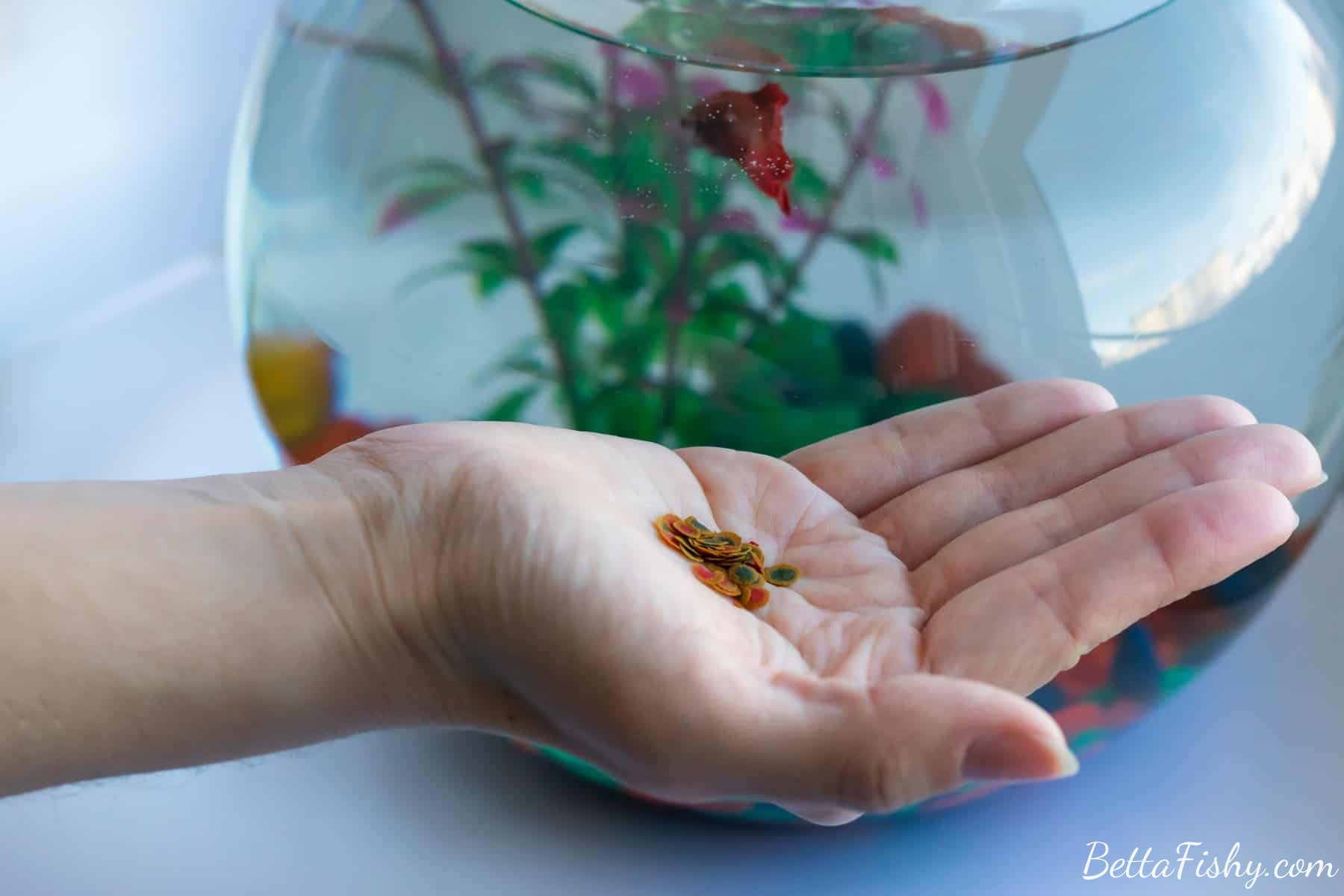
Ingredients
The first thing to look at when considering feeding your betta tropical flakes is the ingredients list. Tropical flakes are typically made for a variety of fish species and may not meet the specific nutritional needs of bettas.
Check the ingredients list for the percentage of protein, fat, and fiber. As mentioned earlier, bettas require a high protein diet, so make sure the flakes contain at least 40-50% protein. Additionally, ensure that the fat content is low, ideally around 5% or less. If the flakes do not meet these requirements, it may be best to look for alternative food options for your betta.
Fillers and Additives
Another thing to consider is the presence of fillers and additives in tropical flakes. These are often used to bulk up the food and can be harmful to bettas. Some common fillers and additives to avoid include wheat, corn, and artificial colors and preservatives.
These ingredients can cause digestive issues and may even lead to long-term health problems for bettas. It is best to choose a high-quality fish food that contains natural ingredients and minimal fillers and additives.
Pellets vs. Flakes
When it comes to feeding bettas, pellets are generally a better option than flakes. This is because pellets tend to have a higher protein content and are less likely to contain fillers and additives. Additionally, pellets sink to the bottom of the tank, making it easier for bettas to eat them.
Flakes, on the other hand, float on the surface of the water, which can make it challenging for bettas to eat. They may also take in air while trying to eat the flakes, which can lead to bloating and other digestive issues.
IV. Delving Deeper: Factors to Consider When Choosing Tropical Flakes
While tropical flakes may not be the ideal food for bettas, they can still be suitable in certain situations. Here are some factors to consider before adding tropical flakes to your betta’s diet:
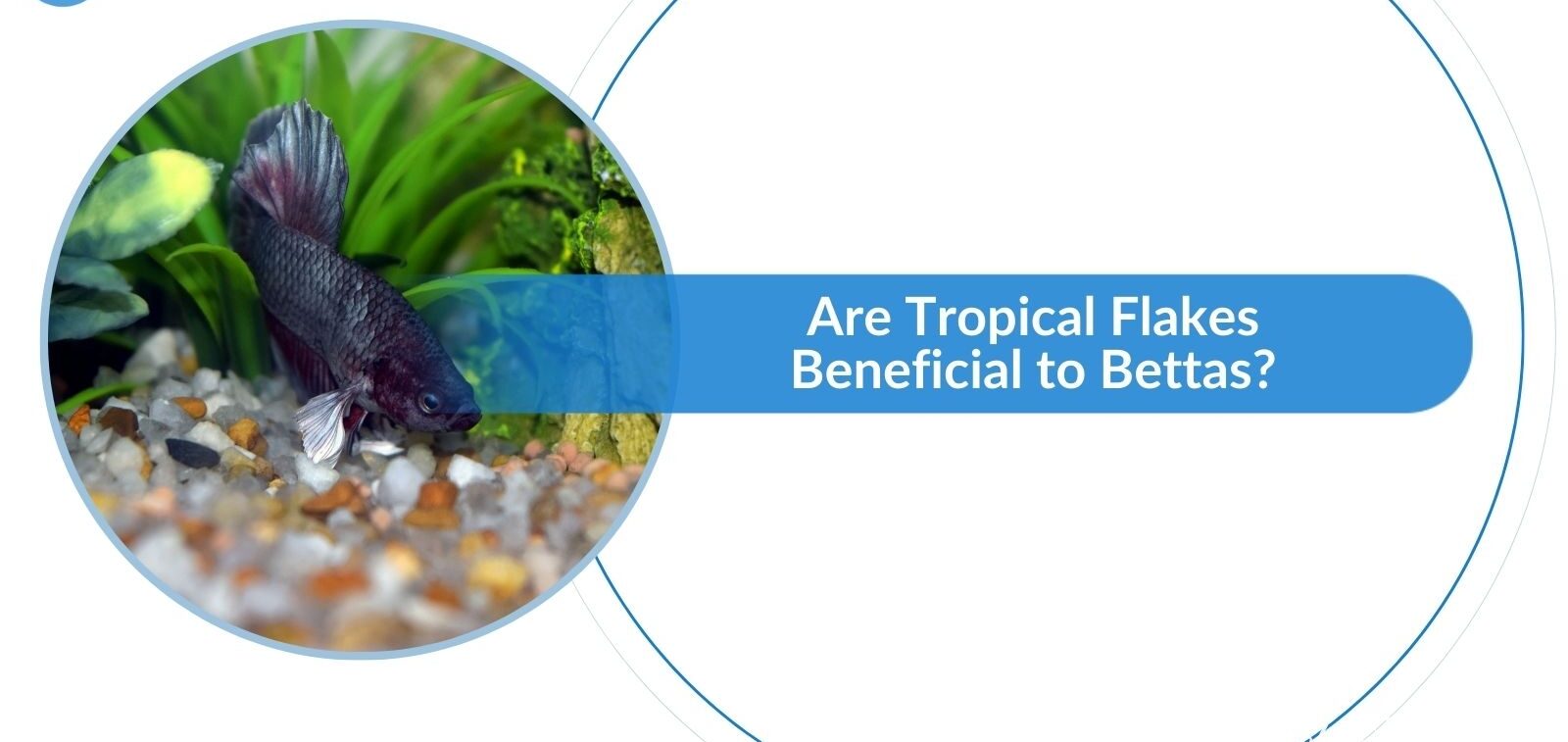
Availability
One of the main reasons why betta owners turn to tropical flakes is their availability. These flakes are readily available at most pet stores and are often more affordable than specialized betta food. If you are unable to find betta-specific food, tropical flakes can be a temporary solution until you can get your hands on the right food for your betta.
Variety
Bettas, like any other living creature, can get bored with eating the same food every day. Adding some variety to their diet can keep them interested and engaged during feeding time. In this case, you can offer tropical flakes as a treat once or twice a week, along with their regular betta food.
Supplemental Food
Tropical flakes can also serve as a supplemental food for bettas. If you are already feeding your betta a high-quality pellet or frozen food, you can use tropical flakes as an occasional treat. This can provide some added nutrients and variety to their diet.
V. Feeding Tips and Recommended Alternatives
Now that we have established that bettas can eat tropical flakes, it is essential to understand how much and how often you should feed them. Overfeeding can lead to health issues, while underfeeding can result in malnourishment.
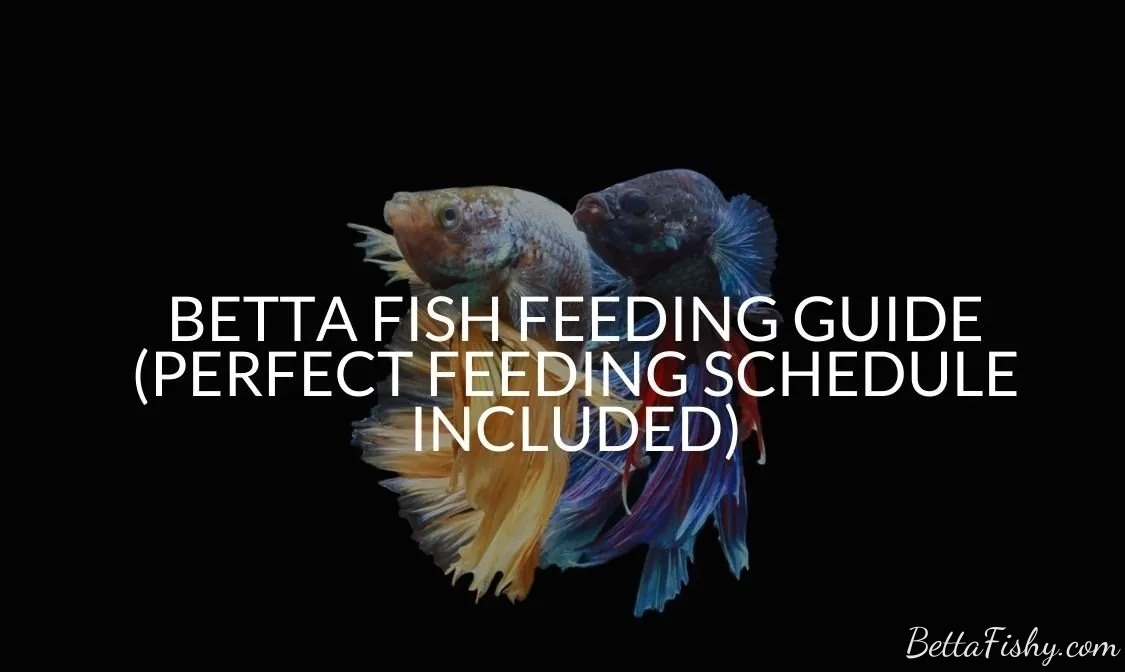
How Much to Feed
The general rule of thumb is to feed your betta fish as much as they can consume within 2-3 minutes. This amount will vary depending on the size and age of your betta. It is best to start with a small amount and observe how much your betta eats in 2-3 minutes. You can then adjust the amount accordingly.
It is crucial not to overfeed your betta, as this can lead to bloating, constipation, and other digestive issues. Additionally, uneaten food can pollute the water and harm your betta’s health.
How Often to Feed
Bettas should be fed once or twice a day, depending on their age and activity level. Younger bettas may require more frequent feedings, while older bettas may only need to be fed once a day. It is essential to establish a feeding schedule and stick to it to maintain a healthy routine for your betta.
Recommended Alternatives to Tropical Flakes
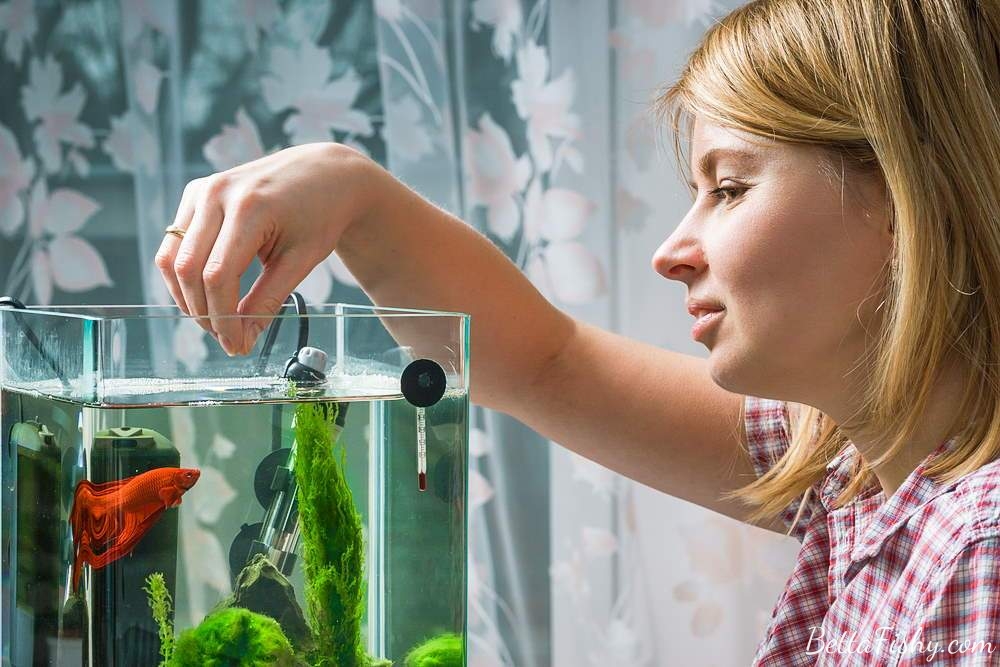
While tropical flakes can be suitable for bettas in certain situations, it is always best to provide them with a high-quality, betta-specific diet. Here are some recommended alternatives to tropical flakes:
- Pellets: As mentioned earlier, pellets are a better option than flakes as they tend to have a higher protein content and fewer fillers and additives. Look for pellets specifically made for bettas and choose a size that your betta can easily consume.
- Frozen Foods: Frozen foods, such as bloodworms, daphnia, and brine shrimp, are excellent options for bettas. These foods are high in protein and are similar to what bettas would eat in the wild. They also provide variety in their diet and can be fed as a treat once or twice a week.
- Live Foods: Live foods, such as mosquito larvae, blackworms, and fruit flies, are also great options for bettas. These foods are high in protein and offer a more natural feeding experience for bettas. However, it is essential to ensure that the live food is from a reputable source to avoid introducing harmful bacteria into your betta’s tank.
VI. Conclusion: Can Betta Fish Eat Tropical Flakes?
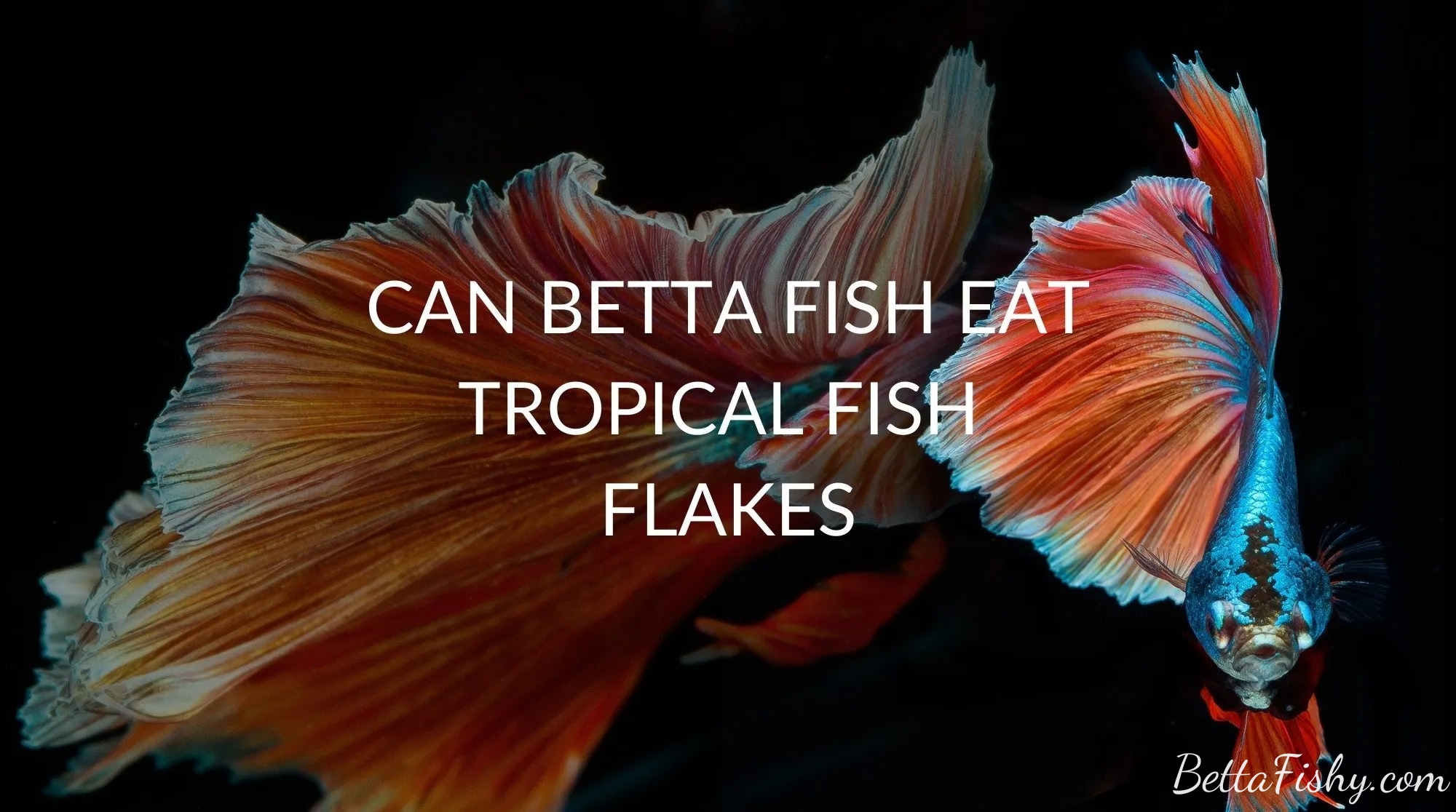
In conclusion, betta fish can eat tropical flakes, but they may not be the best option for their overall health and well-being. While these flakes may provide some nutritional value, they often contain fillers and additives that can be harmful to bettas. It is best to opt for a high-quality, betta-specific diet that meets their specific nutritional needs.
If you do choose to feed your betta tropical flakes, make sure to check the ingredients list and choose a brand that offers a high protein content and minimal fillers and additives. Additionally, consider using tropical flakes as a supplemental food or treat rather than their primary diet.
Remember to always monitor how much and how often you are feeding your betta to prevent overfeeding and maintain a healthy feeding routine. And if you are unable to find betta-specific food, frozen or live foods can be great alternatives to tropical flakes.

